Croatia votes in parliamentary elections Sunday
Croatians will vote Sunday for a new government, with unpredictable outcome, the AP reports.
Saturday, 24.11.2007.
14:42

Croatians will vote Sunday for a new government, with unpredictable outcome, the AP reports. The outcome is unpredictable with Prime Minister Ivo Sanader's center-right Croatian Democratic Union and the opposition center-left Social Democrats neck-and-neck in all surveys before the parliamentary elections. Croatia votes in parliamentary elections Sunday The two parties have different political backgrounds, styles and ideas on how to revive the economy, fight corruption and increase prosperity. Still, they have the same top goal: Croatia's membership in the EU and NATO. Today, the nationalists, once masterful, are out of mainstream politics. In foreign policy, "there is no difference" between the two key rivals, said Davor Gjenero, a political analyst. Neither party is, however, expected to win an outright majority and the future government will likely depend on post election deal making. The country of 4.5 million that seceded from Yugoslavia in 1991 and then fought a war with its rebel Serbs that ended in 1995, opened membership talks with the EU in 2005. Now EU officials acknowledge the nation could make it into the bloc in three years. Croatia could be invited next year to join NATO. On Jan. 1, it will become a non-permanent member of the UN Security Council. But disappointment has grown at home, with Croatians blaming Sanader for failing to improve living standards, create more jobs and put corrupt officials behind bars. The Social Democrats, or SDP, promise to boost industry, stamp out unemployment — currently at 14 percent — and raise salaries, now averaging 4,900 kuna (EUR 670; USD 980) a month. Croatians "want paradise here and now" and the SDP program suits those expectations, Gjenero said. Besides, with the new leader, Zoran Milanovic, and the would-be premier, Ljubo Jurcic, SDP offers fresh, untainted faces, he said. SDP also insists it would smash corruption — something the EU says Croatia must do if it wants to join. Milanovic appealed to voters to choose "a better, more honest, more capable government." Sanader claims his government has achieved economic growth, reduced unemployment — previously at 17 percent — and developed education and infrastructure. He asks for a new mandate to do more. Sanader's party, known by its acronym HDZ, has ruled Croatia since 1990 until 2000. It was a nationalist force then, isolating Croatia from the West. The Social Democrats took power in 2000, setting the country's pro-Western course with political and economic reforms. HDZ returned to power in 2003 with new image and agenda, devoted to lead the nation to mainstream Europe. Croatia counts the United States as an ally. Surveys published Friday showed the Social Democrats leading with 33-35 percent of those surveyed. HDZ was just behind, but it could add votes from Croats living abroad, who were not interviewed. A third poll, released three days ago, showed HDZ leading, with 34 percent of votes. If the result is too close to call, the Social Democrats can count on the support of two or three leftist parties. Sanader may need the votes of Croats living abroad to stay in power. About 4.48 million voters — including 400,000 Croats living abroad — will choose up to 160 parliament deputies. Croatian ambassador to Serbia, Tonci Stancic, votes Saturday (Tanjug)
Croatia votes in parliamentary elections Sunday
The two parties have different political backgrounds, styles and ideas on how to revive the economy, fight corruption and increase prosperity. Still, they have the same top goal: Croatia's membership in the EU and NATO.Today, the nationalists, once masterful, are out of mainstream politics.
In foreign policy, "there is no difference" between the two key rivals, said Davor Gjenero, a political analyst.
Neither party is, however, expected to win an outright majority and the future government will likely depend on post election deal making.
The country of 4.5 million that seceded from Yugoslavia in 1991 and then fought a war with its rebel Serbs that ended in 1995, opened membership talks with the EU in 2005. Now EU officials acknowledge the nation could make it into the bloc in three years.
Croatia could be invited next year to join NATO. On Jan. 1, it will become a non-permanent member of the UN Security Council.
But disappointment has grown at home, with Croatians blaming Sanader for failing to improve living standards, create more jobs and put corrupt officials behind bars.
The Social Democrats, or SDP, promise to boost industry, stamp out unemployment — currently at 14 percent — and raise salaries, now averaging 4,900 kuna (EUR 670; USD 980) a month.
Croatians "want paradise here and now" and the SDP program suits those expectations, Gjenero said. Besides, with the new leader, Zoran Milanović, and the would-be premier, Ljubo Jurčić, SDP offers fresh, untainted faces, he said.
SDP also insists it would smash corruption — something the EU says Croatia must do if it wants to join.
Milanović appealed to voters to choose "a better, more honest, more capable government."
Sanader claims his government has achieved economic growth, reduced unemployment — previously at 17 percent — and developed education and infrastructure. He asks for a new mandate to do more.
Sanader's party, known by its acronym HDZ, has ruled Croatia since 1990 until 2000. It was a nationalist force then, isolating Croatia from the West.
The Social Democrats took power in 2000, setting the country's pro-Western course with political and economic reforms.
HDZ returned to power in 2003 with new image and agenda, devoted to lead the nation to mainstream Europe. Croatia counts the United States as an ally.
Surveys published Friday showed the Social Democrats leading with 33-35 percent of those surveyed. HDZ was just behind, but it could add votes from Croats living abroad, who were not interviewed. A third poll, released three days ago, showed HDZ leading, with 34 percent of votes.
If the result is too close to call, the Social Democrats can count on the support of two or three leftist parties. Sanader may need the votes of Croats living abroad to stay in power.
About 4.48 million voters — including 400,000 Croats living abroad — will choose up to 160 parliament deputies.










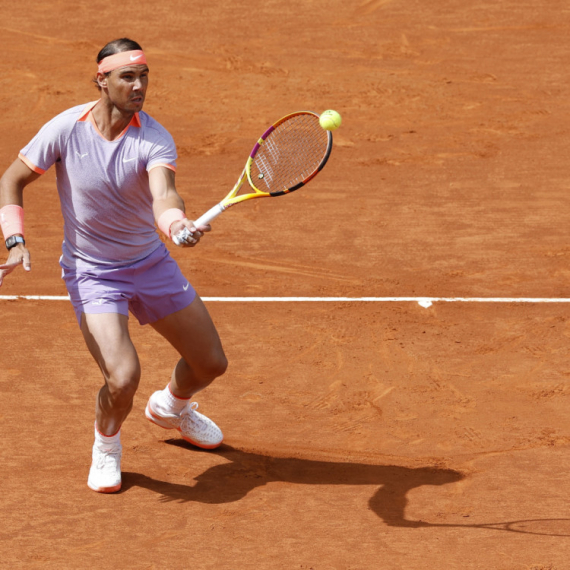
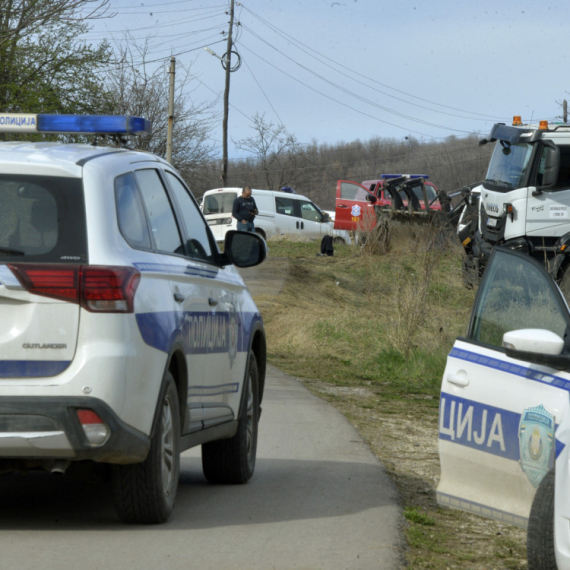

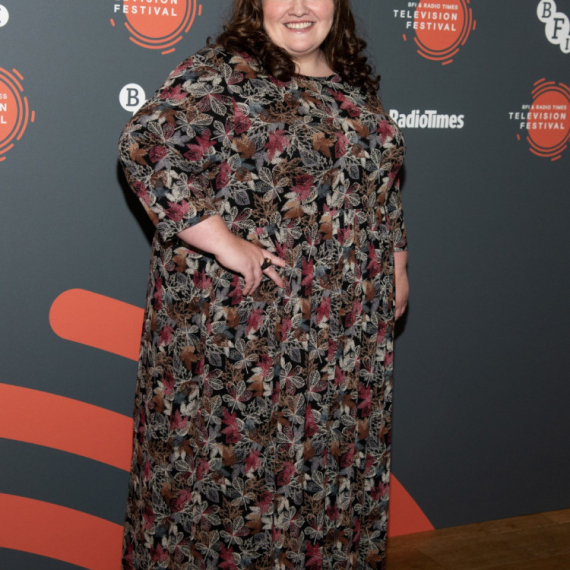



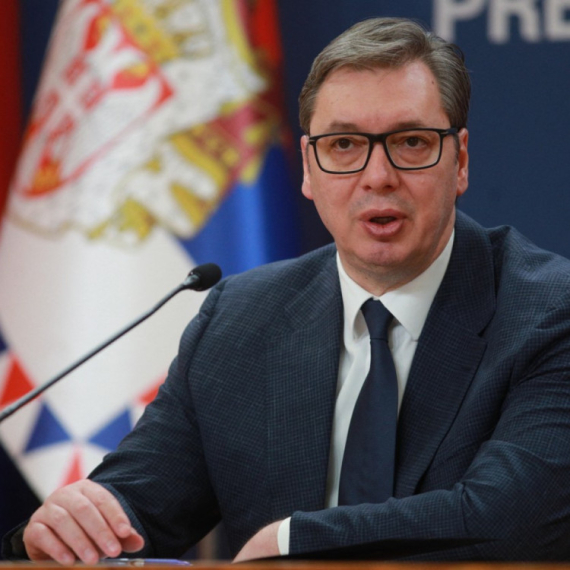


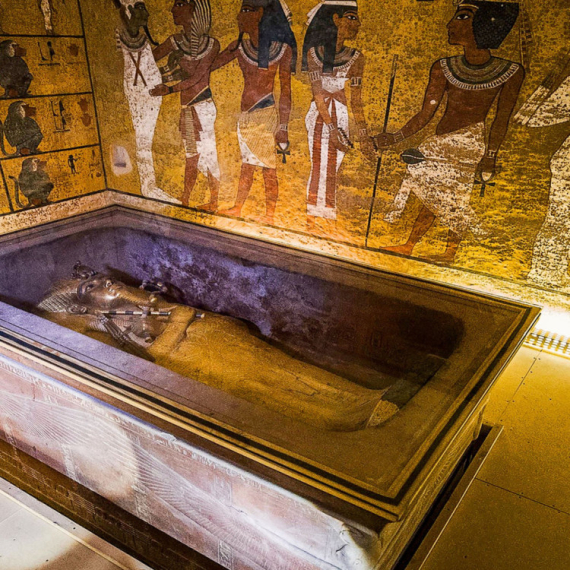
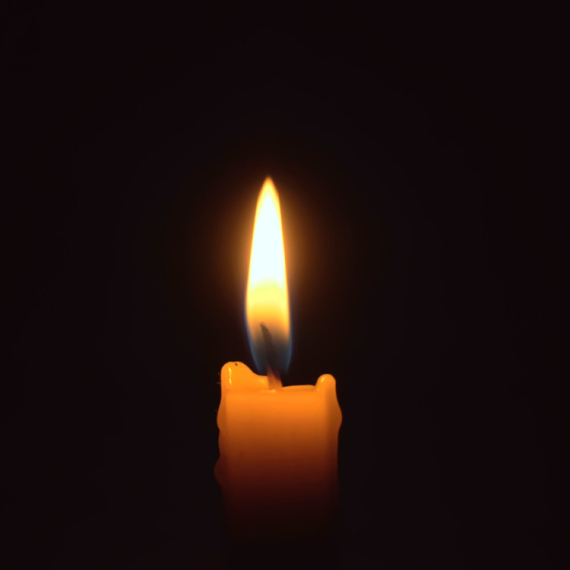
























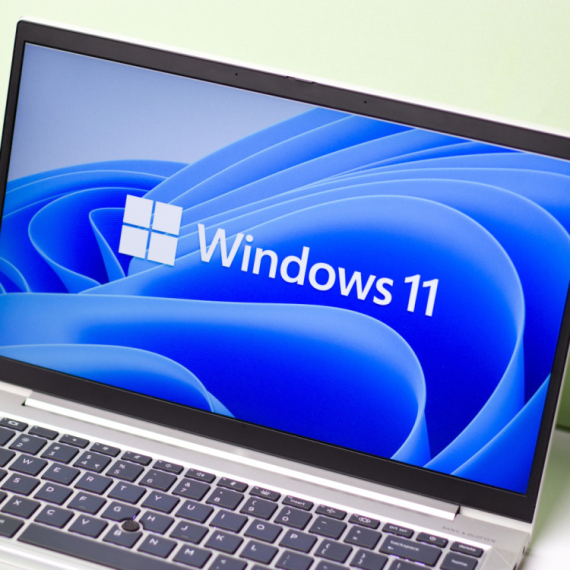



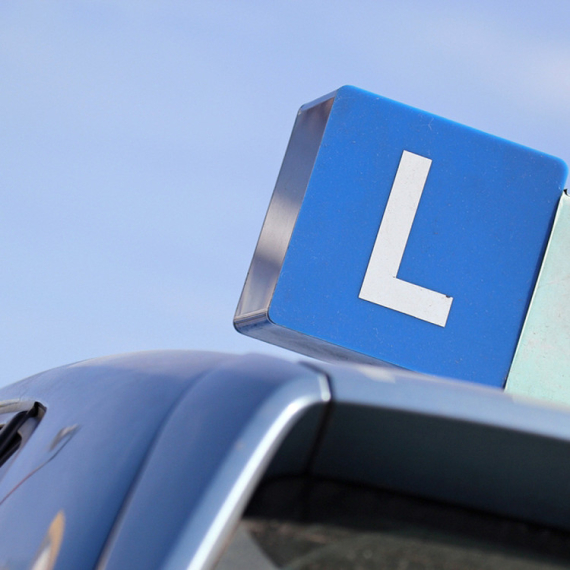





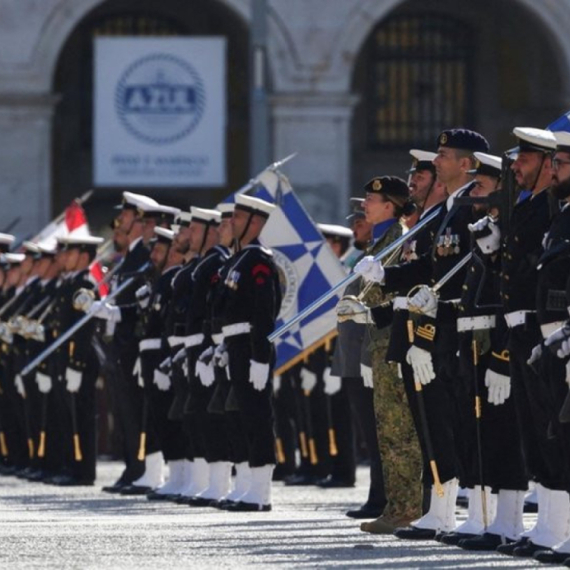

Komentari 0